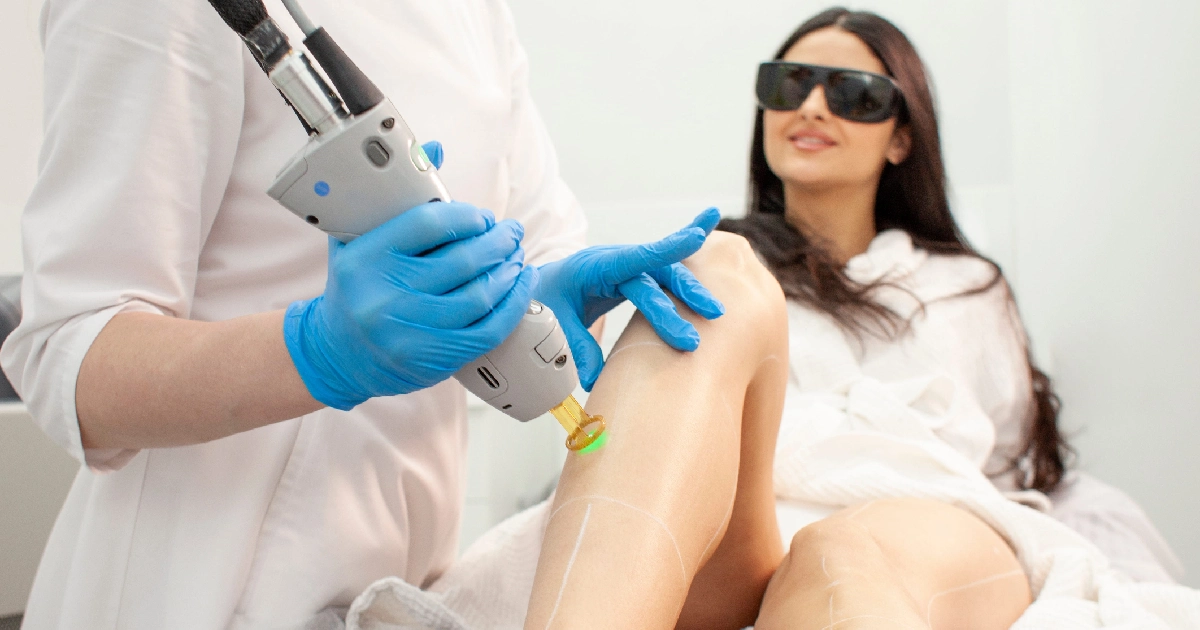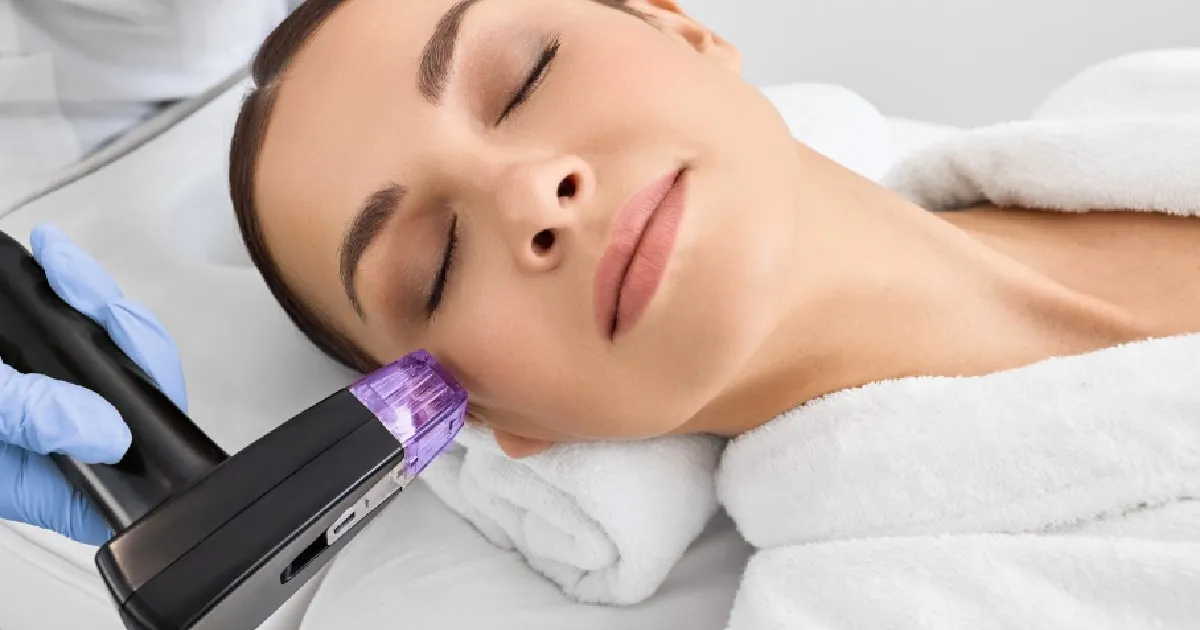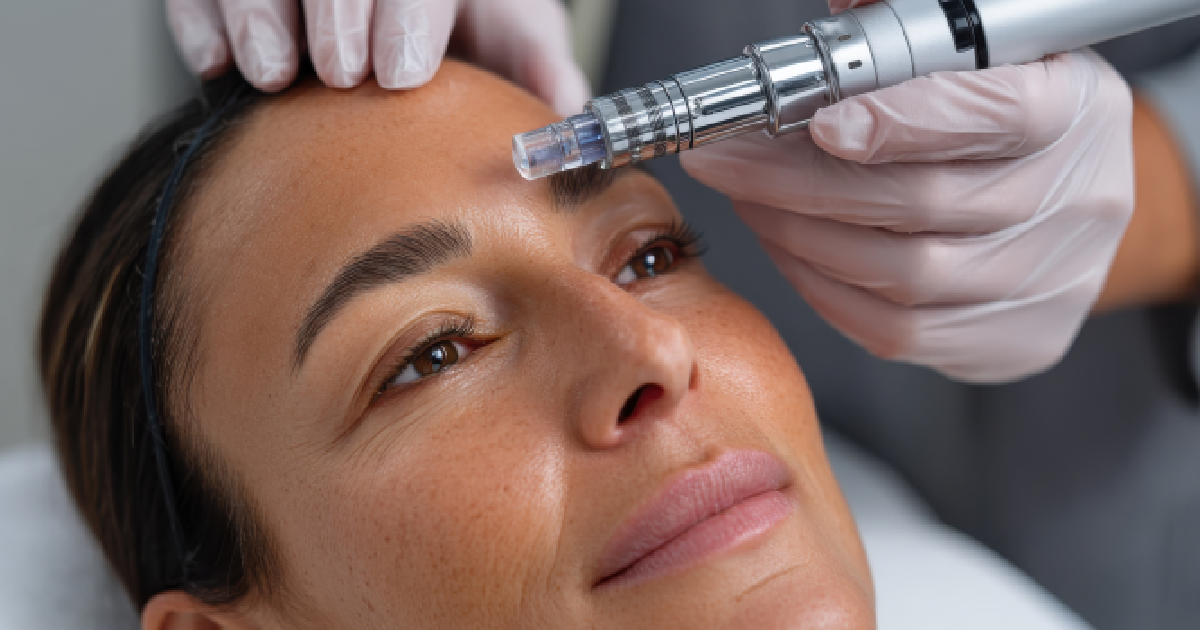Hormone replacement therapy (HRT) regulates the levels of estrogen and progesterone in women near or during menopause. Hormone replacement therapy, also known as menopausal hormone therapy, helps reduce hot flashes, sweating, and other menopausal symptoms. Additionally, it helps lower the risk of osteoporosis.
What is the process of hormone replacement therapy? Who benefits from it? Learn the responses to these and other questions.
Hormone Replacement Therapy – What Is It?
Hormone replacement therapy is usually a form of medication containing female hormones. You take the drug to replenish the lost estrogen caused by menopause. Hot flashes and vaginal soreness are two common menopausal symptoms most frequently treated with hormone therapy.
The use of hormone therapy is not without risk, though. The type of hormone therapy, the dosage, the duration of treatment, and your overall health are all factors for risks. To get the best results with minimal chances of unwanted effects, hormone replacement therapy should be customized for each patient and periodically reevaluated to ensure that the advantages still exceed the disadvantages.
How Hormone Replacement Therapy Works
The main goal of hormone replacement treatment is to replenish the estrogen your body no longer produces after menopause. The two primary forms of estrogen therapy are as follows.
Systemic hormone treatment: A more considerable amount of estrogen is often present in systemic estrogen, which can be taken as a tablet, skin patch, ring, gel, cream, or spray and is absorbed throughout the body. It helps treat any of the typical menopause symptoms.
Low-dose vaginal products: In cream, pill, or ring form, low-dose vaginal estrogen treatments reduce the amount of estrogen absorbed by the body. Due to this, low-dose vaginal treatments are often solely used to treat menopausal symptoms of the vaginal and urinary systems.
Types of Hormone Replacement Therapy
Other types of hormone replacement therapy include:
Estrogen-only HRT – If a patient has had their uterus and ovaries removed, progesterone is not required, and a doctor may advise estrogen-only HRT.
Cyclical HRT – If symptoms start before menopause, cyclical or sequential HRT may be viable because the dosage can be synchronized with the menstrual cycle.
Continuous HRT – After menopause, a doctor may recommend a continuing estrogen and progesterone combo.
How to Take HRT
The doctor will prescribe the lowest effective dosage to treat the patient’s symptoms, and finding this amount may need some trial and error.
Delivery methods for HRT include:
- Pills
- Gels or creams
- Vaginal rings
- Skin patches
The doctor will outline how to gently stop the treatment when the patient no longer needs it.
The Uses of Hormone Replacement Therapy
Hormone replacement therapy primarily deals with women’s health. It is a versatile form of treatment, with many possible combinations and dosages available. A medical professional will help you get the right treatment plan depending on your needs.
Menopause is not a disease. It is a normal progression from a female’s reproductive years to the following stage of life.
Many women experience menopause without any medical intervention. However, there are several different therapy modalities accessible if the transition results in bothersome or distracting symptoms.
During menopause, many women encounter:
- Night sweats and hot flashes
- vulvar aridity
- osteoporosis, or thinning bones
- urinary issues
- losing hair
- issues with sleep
- mood shifts
- unusual time frames
- problems with memory and attention
HRT can treat some of the symptoms listed above. Additionally, a few studies concluded that HRT might help with the following:
- Enhancing muscle performance
- Decreasing the likelihood of heart attacks and heart failure
- Minimizing mortality in postmenopausal women under 40
- When used right, HRT keeps signs of aging at bay
In postmenopausal women, hormone therapy has also been shown to reduce fractures and stop bone loss.
A doctor may also prescribe hormone replacement therapy for other uses, such as treating prostate cancer or low testosterone levels. It’s best to work with professionals when seeking hormone replacement therapy.
When to Ask a Doctor About Hormone Replacement Therapy?
The advantages of hormone therapy may exceed the hazards if you’re healthy and you:
- Experience heat flashes that range from mild to severe. The most effective method of treating bothersome menopausal hot flashes and night sweats is still systemic estrogen therapy.
- Experience uncomfortable menopausal symptoms. Estrogen can reduce menopausal vaginal symptoms such as dryness, itching, burning, and discomfort during sexual activity.
- Need to avoid bone loss or fractures. Osteoporosis, a disorder that thins the bones, is prevented by systemic estrogen. To treat osteoporosis, however, doctors typically suggest drugs called bisphosphonates. But estrogen therapy could help if other treatment options don’t work for you.
- Suffer from estrogen insufficiency or have early menopause. Your body has been exposed to less estrogen than the bodies of women who go through typical menopause if you had your ovaries surgically removed before age 45, stopped getting periods before age 45 (premature or early menopause), or lost normal ovarian function before age 40 (primary ovarian insufficiency). Your chance of developing illnesses, including osteoporosis, heart disease, stroke, dementia, and mood swings, can be reduced with estrogen therapy.
Does Hormone Replacement Therapy Come with Risks?
The following may be included, depending on the type of treatment:
- acne
- bloating
- indigestion
- breast sensitivity
- bloating in the breasts or other body regions
- back or stomach ache
- Leg twitches
- headaches
- migraine
- nausea
- uterine bleeding
- Mood shifts
Usually, these side effects go away after a few weeks.
You should inform your medical provider of any adverse effects that worry you. They could change the dosage or recommend another option.
HRT might not be appropriate for those who have a history of the following:
- Hypertension, or uncontrolled high blood pressure
- Blood clots or thrombosis
- High triglyceride levels in the blood
- Heart condition
- Breast cancer
- Gallbladder condition
Reduce the Risks of Hormone Replacement Therapy
The best way to reduce the risks associated with hormone replacement therapy is to work with professionals who can guide you throughout the process. There are many ways to get a consultation with Sei Tu Bella Aesthetics staff. You can call us at 813-388-9468 or 352-279-9506 , email seitubellaaesthetics@gmail.com, or use our online contact form.








